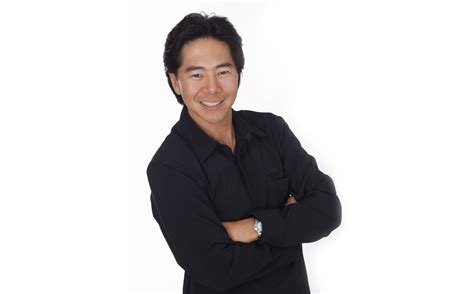A Quote by Jonathan Franzen
I think the mission for the writer is to tell stories in a compelling way about the stuff that cannot be talked about, that cannot be gotten at with shallow media.
Related Quotes
What I think is great about Pippin, specifically, and I wouldn't make this generalization about all musicals, is that it is about how we tell stories and the way stories are very subjective. How we tell some things and leave other things out in the way The Princess Bride is or The Wizard of Oz is, which both have a framing device.
I love telling stories. I think of myself as a storyteller, and I don't feel bound by being just a singer or an actress. First, I'm a storyteller, and history is stories - the most compelling stories. There is a lot you can find out about yourself through knowing about history. I have always been attracted to things that are old. I have just always found such things interesting and compelling.
I had this thing where I only wanted to work on original material, no adaptations, and obviously, that changed. I really wanted to have the resources and have the space and the time to tell stories that I've really cared about. I've kind of changed my approach, but I've gotten to do that, to tell stories that I really care about.
You look back at a time you idealize now and you only remember the good stuff. You tell the stories about the hard stuff and just laugh about it now. You don't remember how difficult it was to be stranded in Austin after driving 52 hours from Seattle in a rainstorm and having nowhere to stay for five hours. You remember that stuff and laugh about it now. You don't feel it the way you did back then when you were so scared and nervous and tired and hungry. We always idealize the past because we don't feel the painful stuff the way we used to.



































